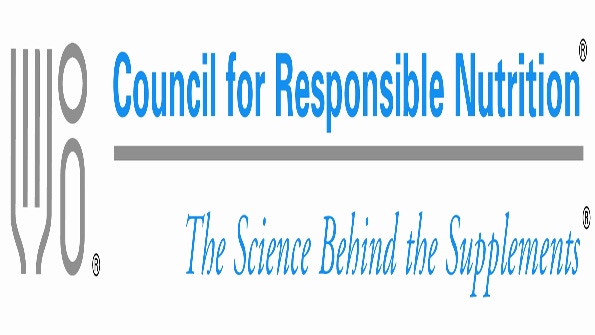Trade association discourages the marketing and sale of powdered pure caffeine directly to consumers.
March 31, 2015

The Council for Responsible Nutrition (CRN), the leading trade association for the dietary supplement and functional food industry, announced an update to its recommended guidelines for caffeine-containing dietary supplements that discourages the marketing and sale of powdered pure caffeine directly to consumers.
“Our member companies are taking responsible steps to protect consumers,” said Steve Mister, president and CEO of CRN, “by following the advice of FDA and asking industry to support the agency’s consumer advisory that warns of safety concerns for consumers purchasing powdered pure caffeine in bulk. Even though our member companies do not sell this ingredient directly to consumers, as industry leaders we are demonstrating support for FDA’s efforts and urging the entire industry to do the same.”
CRN has added a section to its caffeine guidelines specifically calling on its members not to market powdered pure caffeine to consumers. The addition clarifies that it is not intended to limit marketing or selling of powdered pure caffeine in bulk form as a business to business transaction.
“Caffeine is one of the most studied and safest ingredients on the market. Powdered pure caffeine itself is a legal and legitimate ingredient for ingredient suppliers to sell to manufacturers who understand how to appropriately measure and formulate it at safe levels to be used as an ingredient in finished dietary supplement products,” said Mr. Mister. “But for consumers, there’s no legitimate use for powdered pure caffeine, and given its very high concentrated form, there’s a real potential safety issue.”
According to FDA’s December 2014 consumer advisory, these products “are essentially 100 percent caffeine,” with “a single teaspoon of pure caffeine [being] roughly equivalent to the amount in 25 cups of coffee.”
CRN’s updated recommended guidelines for caffeine-containing dietary supplements are available on the association’s website. The original guidelines were released in April of 2013 and included recommendations on disclosure of total caffeine content; label advisories for conditions of use; serving size and daily intake recommendations; and restraints against marketing in combination with alcohol. CRN members were expected to comply within 12 months of its release. This update is effective immediately.
CRN’s science-based guidelines on caffeine-containing dietary supplements have been developed as part of the association’s self-regulatory initiatives. CRN also has recommended guidelines for: iodine in multivitamin/mineral supplements for pregnancy and lactation; and for labeling of protein in dietary supplements and functional foods; as well as best practices for enzyme dietary supplement products.

About the Author(s)
You May Also Like




